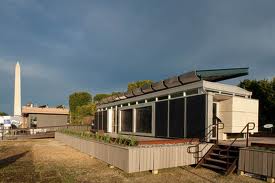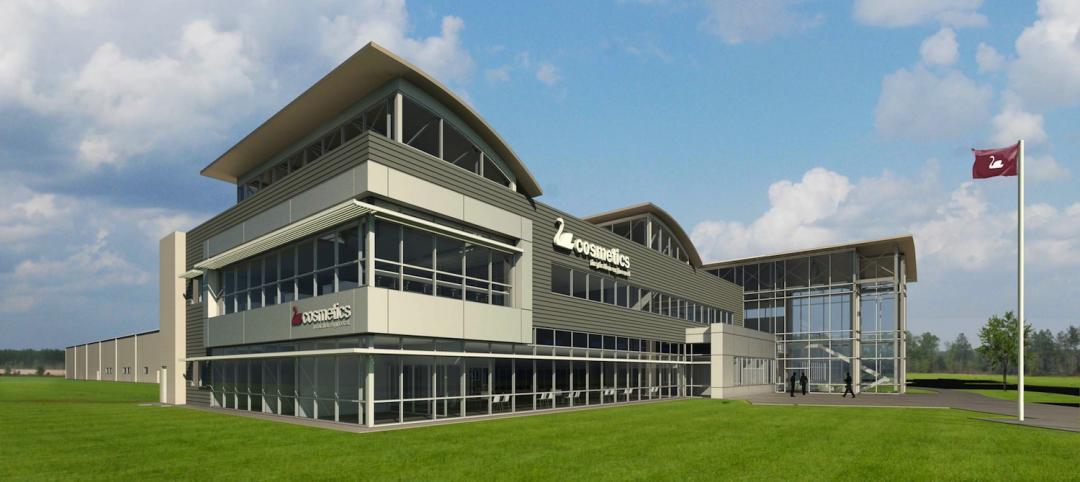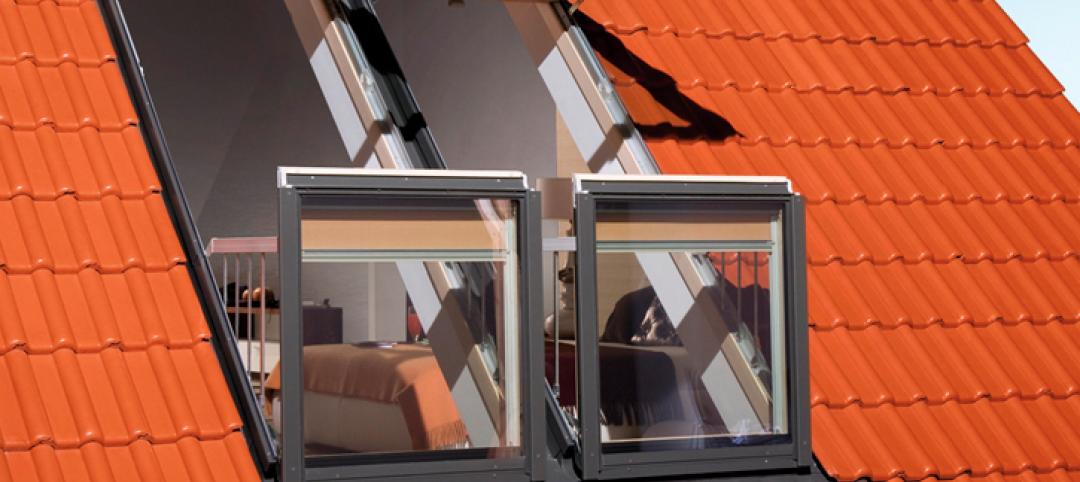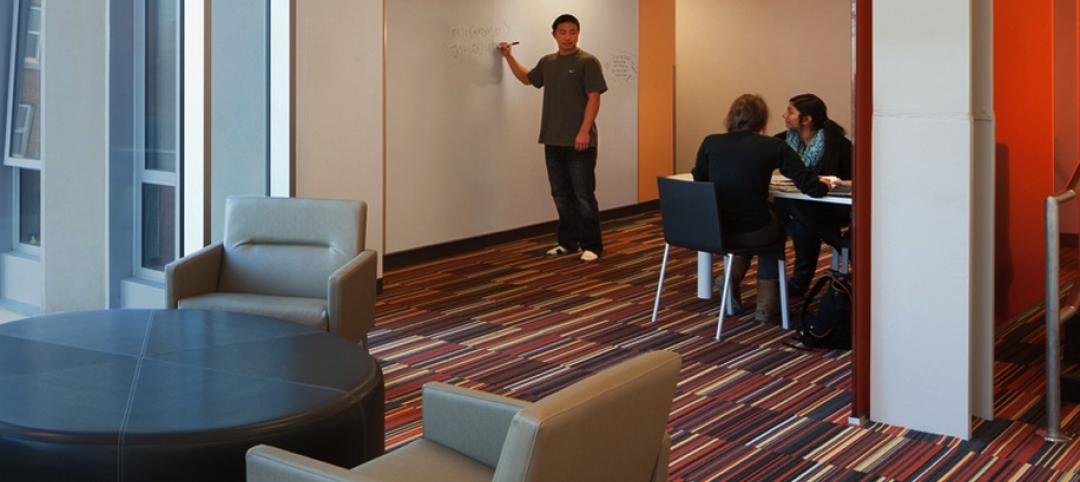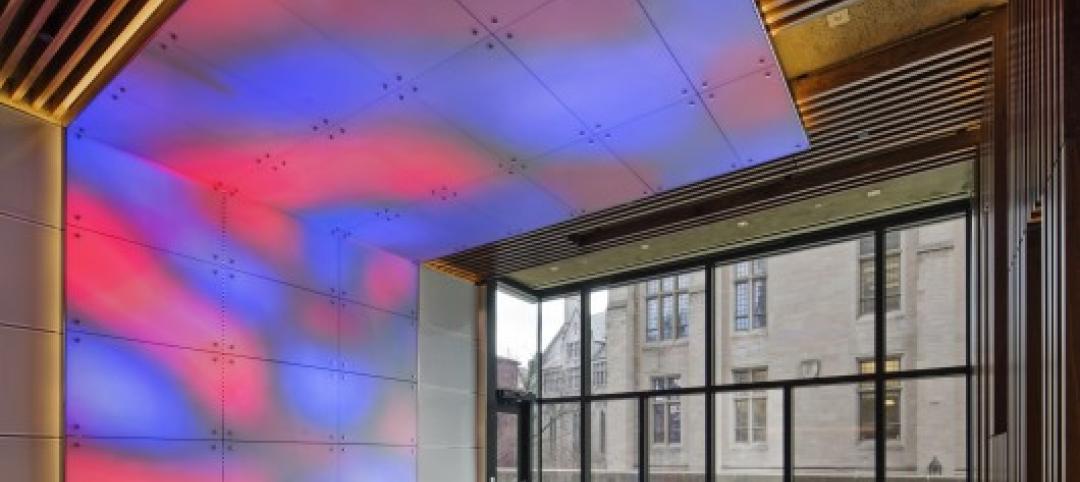Kohler Co. has partnered with several collegiate teams competing in the fifth Solar Decathlon, September 23 – October 2 at the National Mall’s West Potomac Park in Washington, D.C., by providing these teams with water-efficient Kohler and Sterling plumbing products.
College students from across the globe representing 20 universities have gathered to develop the most solar energy-efficient house in the competition sponsored by the U.S. Department of Energy.
The Solar Decathlon shows consumers how to save money and energy with affordable clean energy products that are available today. The Solar Decathlon also provides participating students with hands-on experience and unique training that prepares them to enter our nation's clean energy workforce.
“I am impressed with the students’ expertise on all aspects of green building – water efficiency, indoor air quality, materials, local sourcing and waste minimization – in addition to the energy efficiency focus of the contest,” said Rob Zimmerman, manager-engineering, sustainability and water conservation for Kohler.
Among the collegiate teams competing for the Solar Decathlon, which specified water-efficient plumbing products from Kohler is Purdue University, Zimmerman’s alma mater. “It’s encouraging that our young engineers, architects, and skilled trades are being educated this way, as they will be designing and constructing the homes, offices, and other buildings we’ll need in the coming years.”
The competing teams selected products designed to be water efficient and perform to expectations, including EPA WaterSense-listed toilets (Dual Flush and 1.28-gallon), showerheads and bathroom faucets, as well as commercial plumbing products including touchless faucets with the company’s award-winning Hybrid Energy System.
Kohler provided fixtures and faucets to Purdue and a handful of other teams such as Team Florida (University of Florida, South Florida, Central Florida and Florida State); Team Massachusetts (Massachusetts College of Art and Design, and the University of Massachusetts at Lowell); The Ohio State University; University of Illinois; Middlebury College; and Parsons The New School for Design and Stevens Institute of Technology. Kohler has been involved in the biennial Solar Decathlon since its inception in 2002.
The U.S. Department of Energy Solar Decathlon challenges collegiate teams to design, build, and operate solar-powered houses that are cost-effective, energy-efficient, and attractive. The winner of the competition is the team that best blends affordability, consumer appeal, and design excellence with optimal energy production and maximum efficiency.
The 2011 Solar Decathlon is open free to the public September 23 through October 2, (10 a.m. – 2 p.m. on weekdays, 10 am-5:30 pm on weekends). BD+C
Related Stories
| Jun 10, 2014
Site optimization: Paving the way for smoother land development projects
The biggest cost differential when dealing in site development from one site to another is the earthwork. So, when selecting a site, it is critical to not only take into account the initial purchase price of the property, but also what sort of investment it will take to prep the site for development.
| Jun 10, 2014
Gaudi’s famed cathedral on ice: Dutch students to construct 132-foot ice replica of Sagrada Familia
"Sagrada Familia in Ice" will be built with a mixture of wooden fibers and plain ice that is three times stronger than ice.
| Jun 10, 2014
Built-in balcony: New skylight windows can fold out to create a patio
Roof window manufacturer Fakro offers a skylight window system that quickly converts into an open-air balcony.
| Jun 10, 2014
New York's first-ever public housing for visually-impaired begins upgrade
Selis Manor is the first government-funded residence for the vision-impaired and disabled in New York City. MAP’s design eases crowding, increases security, and separates residents and visitors.
| Jun 9, 2014
6 design strategies for integrating living and learning on campus
Higher education is rapidly evolving. As we use planning and design to help our clients navigate major shifts in culture, technology, and funding, it is essential to focus on strategies that help foster an education that is relevant after graduation. One way to promote relevance is to strengthen the bond between academic disciplines and the campus residential life experience.
| Jun 9, 2014
Green Building Initiative launches Green Globes for Sustainable Interiors program
The new program focuses exclusively on the sustainable design and construction of interior spaces in nonresidential buildings and can be pursued by both building owners and individual lessees of commercial spaces.
| Jun 9, 2014
10 projects named 2014 AIA Small Project Award winners
Yale's funky new Ground café and a pavilion made from 53,780 recycled plastic bottles are among the nation's best new small projects.
| Jun 9, 2014
Eli Broad museum files $19.8 million lawsuit over delays
The museum, meant to hold Eli and Edythe Borad's collection of contemporary art, is suing the German company Seele for what the museum describes as delays in the creation of building blocks for its façade.
| Jun 8, 2014
What’s the word of the day? It’s all about ‘resiliency’
Just for the sake of argument, let’s put aside the rhetoric about climate change—whether it’s actually happening, whether it’s a result of manmade activity—and agree that we are experiencing some pretty dramatic weather events that are having huge impacts on populations here in the U.S. and worldwide.
Smart Buildings | Jun 8, 2014
Big Data: How one city took control of its facility assets with data
Over the past few years, Buffalo has developed a cutting-edge facility management program to ensure it's utilizing its facilities and operations as efficiently, effectively, and sustainably as possible.


